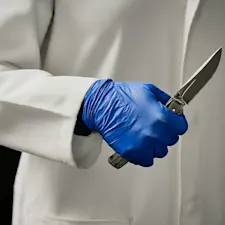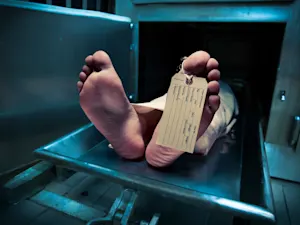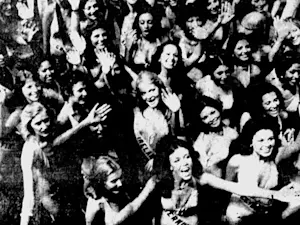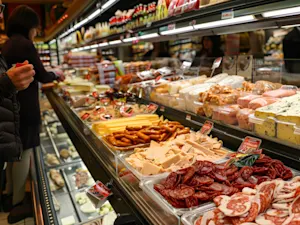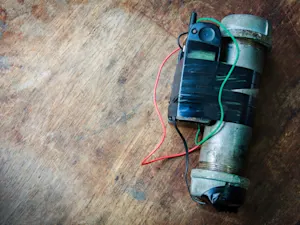
A Single Selfie Could Haunt the Idaho Murder Trial
Bryan Kohberger smiled for a selfie just hours after prosecutors say he murdered four University of Idaho students — and now, that image could become a key piece of evidence in one of the country's most closely watched criminal trials. Kohberger, a 30-year-old criminal justice Ph.D. student, faces four counts of murder for the Nov. 13, 2022, stabbings of Kaylee Goncalves, Madison Mogen, Xana Kernodle, and Ethan Chapin. Prosecutors say he took the selfie around 10:31 a.m. — roughly six hours after the attacks — and they want the jury to see it.
Bushy Eyebrows and a Chilling Detail
That selfie might do more than show a face. It might confirm an eyewitness description. According to court documents, surviving roommate Dylan Mortensen told investigators she saw a masked intruder in black clothing and remembered one striking detail: his bushy eyebrows. She described standing just a few feet from the figure as he walked past her in the early hours of the morning.
Prosecutors believe Kohberger's appearance in the selfie aligns with Mortensen's account, strengthening their case. But the defense wants that detail — and the photo — excluded, calling it "unfairly prejudicial" and challenging the reliability of Mortensen's memory, which they say may have been clouded by alcohol and sleepiness, according to NBC News.
Still, prosecutors insist the photo matters. It captures Kohberger after the alleged killings, looking calm, clean, and — according to the father of one of the victims — smug.
A Father's Fury Over a Killer's Keepsake
Steve Goncalves, father of Kaylee Goncalves, didn't mince words after seeing the photo. He believes Kohberger took it as a twisted form of celebration.
"I see somebody that was there making himself a trophy," he said, as reported by PEOPLE. "(A) little trophy to let himself know: 'Hey, I got away with it.'"
The Goncalves family also shared their reaction on Facebook, calling the photo "disgusting" and saying they hoped it meant "the truth is finally coming out," as reported by NBC News.
From DNA to Digital Clues: The Case Against Kohberger
Investigators built their case on a trail of evidence. They linked Kohberger to the scene using cellphone data, surveillance footage, and DNA found on a tan leather knife sheath left next to Madison Mogen's body. According to court documents, that sheath carried a single male DNA profile — a statistical match to Kohberger, as reported by NBC News.
Prosecutors say Kohberger purchased a Ka-Bar knife months earlier, citing his Amazon activity. They argue that the sheath, the selfie, and the timeline all point to a calculated crime.
But Kohberger's defense claims he drove around alone that night and never entered the house. They argue the knife sheath may have been planted and that the DNA doesn't prove he committed the murders.
Trial Tactics and a Battle Over Evidence
The case heads to trial in Boise, Idaho, on Aug. 11, 2025, after a change of venue. Kohberger has not entered a plea himself; a judge entered a not-guilty plea on his behalf. If convicted, he could face the death penalty.
His attorneys plan to argue against capital punishment, citing his diagnosis on the autism spectrum and obsessive-compulsive disorder. They also want to exclude statements from the surviving roommates, particularly a string of texts sent between 4:22 and 4:24 a.m. and additional phone activity leading up to the 911 call at 11:56 a.m.
Still, prosecutors continue to press for a fuller narrative — one they say the selfie helps complete.
More Than a Photo
The image might look harmless at a glance: a man giving a thumbs-up. But to the victims' families, it signals something far more sinister. If prosecutors succeed in admitting it at trial, the selfie could become one of the most disturbing pieces of the puzzle — not for what it shows, but for what it says.
References: Bryan Kohberger Took Selfie as a 'Trophy' for Idaho Murders, Victim's Father Believes | Why prosecutors want selfie of Idaho college murders' suspect shown at trial






